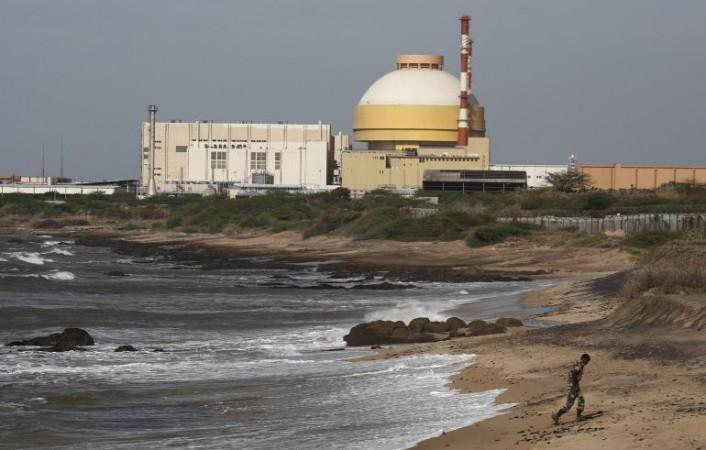
The US had previously expressed its frustration over the delay in starting nuclear energy trade with India but the issue could be sorted out in the near future, as the new government is expected to address the Indo-US nuclear liability issues soon.
"We are disappointed that it has been six years now and we have not really seen the participation of the US nuclear industry, particularly the companies being able to participate there. And it of course surrounds this issue of liability," Economic Times quoted Senator James Risch, who expressed disappointment over the delay between the two countries which agreed on the civilian nuclear deal back in 2008.
Both countries entered the Indo-US Civil Nuclear Agreement in 2005 and it was later signed in 2008, after clearing several blockades. However, the deal is stuck midway due to differences on how the Civil Liability for Nuclear Damage Act or Nuclear Liability Act will be implemented.
India added a clause to the liability law, which enables Indian plant operators to obtain compensation from foreign suppliers, in case of any damage caused by nuclear accidents. The US has shown disagreement over the clause, and had urged India to align its liability law with the international law - Vienna Convention on Civil Liability for Nuclear Damage.
The US is reportedly hoping that the Narendra Modi government will take forward the discussion on the deal and end the differences on the liability law, so that the negotiations start by the end of this year.
"We believe that there may be an opening to address nuclear liability issues either through a legal framework or through other channels that can help create more surety on what the application of liability might be so that it is not unlimited liability as the companies are rightly concerned," Nisha Desai Biswal, Assistant Secretary of State for South and Central Asia, told ET.
Likely to be addressed
As Russia had its way out with the liability law and signed General Framework Agreement for the other two reactor units in India last month, there are possibilities that the Indian government would sort out the liability issues with the US as well.
Both countries held several meetings regarding the liability issue and worked towards resolving it. The Modi government is reportedly looking for ways to bring in reforms in the liability law so that the nuclear energy trade between India and the US pick up pace.
The new government, soon after coming to power, confirmed an Additional Protocol in June, which grants International Atomic Energy Agency to monitor India's civilian atomic activities. The government has reportedly sent a signal to the US that it is concerned about implementing the Indo-US nuclear deal soon.
Prime Minister Modi will reportedly address the issue on his visit to the US later this year.
















